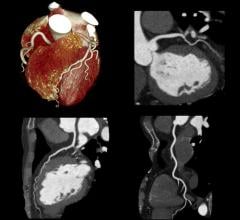A statewide campaign promoting healthier diets and exercise kicked off Tuesday, as educators and nutritionists attempt to counteract an obesity epidemic among New Jersey children and adults.
The new campaign, "Get Moving, Get Healthy New Jersey," is a multiyear effort intended to change the way New Jerseyans think about diet and exercise in much the same way public perceptions about cigarette smoking and using seat belts progressed over time, said Kathleen Morgan, who chairs a family and community health program at Rutgers University and is spearheading the project.
Though they are still figuring out how to deliver their message, the gist is clear: Motivate children and adults to eat better and exercise more.
Americans are growing heavier every year, and New Jerseyans are no exception, evidence shows. More than half of all New Jersey adults are overweight or obese, as defined by their amount of body fat, and the state has the highest incidence of obesity in low-income 2-to 5-year-olds in the country, according to statistics presented by Morgan.
Not surprisingly, less than 40 percent of adults statewide are frequently physically active, and more than two-thirds eat less than five servings of fruit and vegetables a day, Morgan said.
Overweight and obesity raise the risk of developing a host of physical and emotional ailments, including diabetes, heart disease, high blood pressure and depression.
"Our whole goal is working with families in an educational format that will improve their lives and help them to make choices that will change their lives and improve their health," said Morgan.
To find out what approaches might work best, Rutgers researchers surveyed 4,000 residents in five New Jersey counties about their health and how to help them achieve healthier lifestyles. Focus groups are planned to help researchers hone their approaches. The first outreach to targeted audiences is scheduled for next summer.
Research cited by Morgan shows that children and their parents rely increasingly on processed meals, families seldom eat together, and that restaurant portions have grown in tandem with patrons' waistlines.
The program hopes to show parents how to cook nutritionally but quickly, teach children to cut back on empty calories found in sugar-laden sodas and to encourage children and adults to become at least moderately active.


 March 06, 2024
March 06, 2024 








